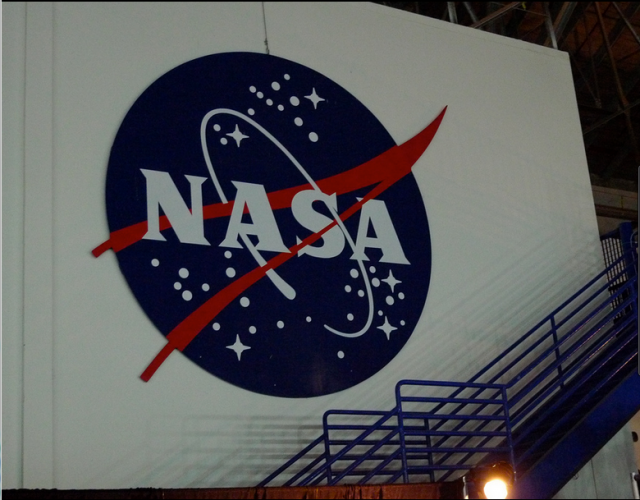
You may not have been invited. No worries, you can catch it on TV early next year: The second Breakthrough Prize in Life Sciences is taking place tonight at NASA’s Ames Research Center in Mountain View.
The event has been referred to as the Academy Awards of science, for good reason: Six winning scientists, as well as the winner of the Fundamental Physics Prize, will get red-carpet treatment from an assortment of dazzling celebs, both of the Silicon Valley kind (Mark Zuckerberg and Priscilla Chan, Sergey Brin, etc.) and the Hollywood kind (Kevin Spacey will host; presenters include Glenn Close, Rob Lowe and Conan O'Brien). The French Laundry, no less, is catering the gala.
The prizes recognize excellence in research aimed at curing intractable diseases and extending human life. A special symposium at UC San Francisco follows on Friday, and will highlight the latest advances in cancer, genetics, neurobiology and stem cell research.
Who knew science could be so glam?
And lucrative. Each prize is worth $3 million. They're bankrolled by venture capitalist Yuri Milner, Alibaba's Jack Ma, 23andMe's Anne Wojcicki, Calico CEO Arthur Levinson, and Zuckerberg and Brin.
